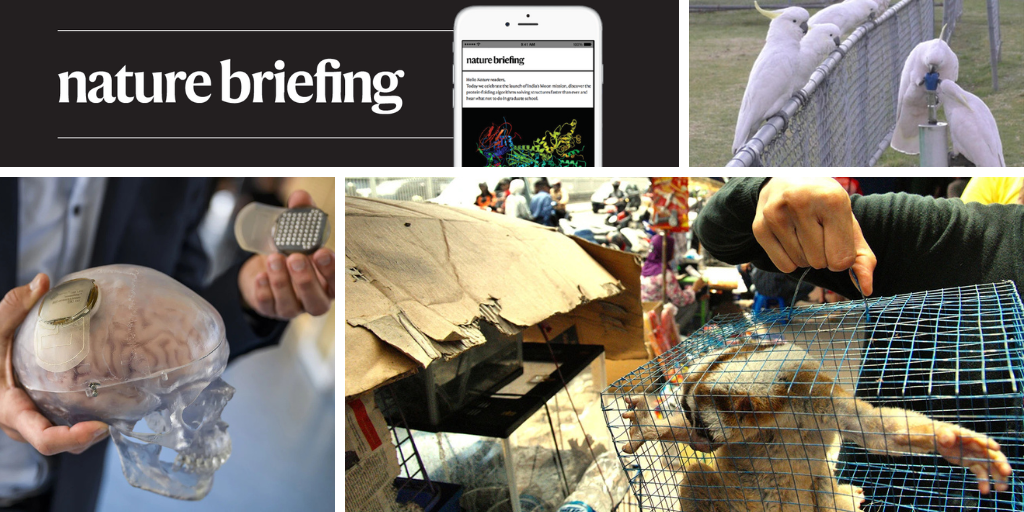
"The first set of ethical principles to govern the use of neurotechnologies, such as brain-computer interfaces, was finalized by delegates at a UNESCO meeting last month."
"The inaugural ethical guidelines focus on user protection against misuse of emerging technologies, emphasizing the sanctity of human rights including autonomy and freedom of thought."
"The Center for Scientific Integrity has initiated the Medical Evidence Project, targeting flawed and fake medical research that jeopardizes the quality of healthcare and public trust."
"James Heathers, leading the Medical Evidence Project, states a commitment to uncovering bad medical evidence that adversely affects meta-analyses and public health outcomes."
Research into various trades is crucial for understanding and mitigating the risk of pandemics. Experts highlight the role of ethical principles in emerging neurotechnologies established at a UNESCO meeting, aiming to protect individual rights. Additionally, initiatives like the Medical Evidence Project seek to identify and expose misleading medical research that threatens healthcare integrity, ensuring that vital meta-analyses remain trustworthy. These developments underscore the importance of collaboration in safeguarding public health through informed standards and practices.
Read at Nature
Unable to calculate read time
Collection
[
|
...
]